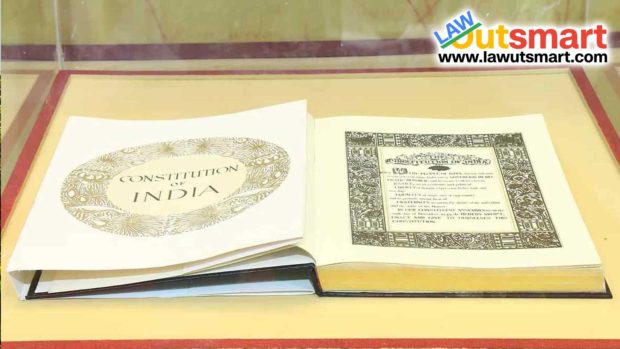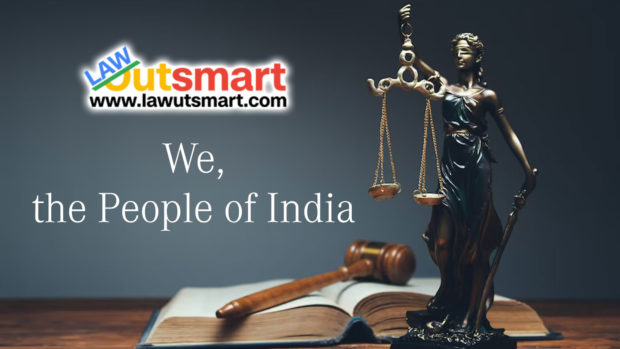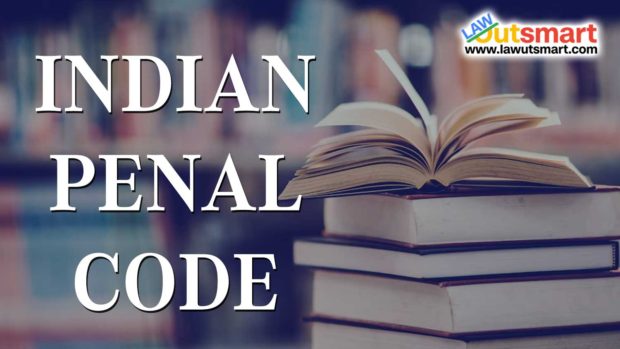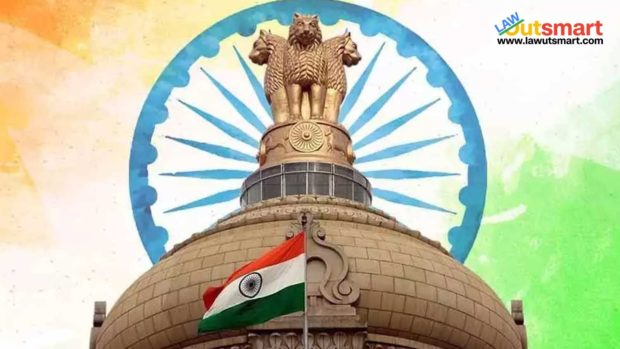The Golden Triangle, involving Article 14, 19 and 21, serves as the constitutional bedrock upon which the democratic principles of India stand.


The Golden Triangle, involving Article 14, 19 and 21, serves as the constitutional bedrock upon which the democratic principles of India stand.

Learn the meaning and definition of Karta in context of the Hindu Undivided Family (HUF). We also explain the role, responsibilities and rights of the Karta.

The Hindu Marriage Act of 1955 serves as a foundational framework for governing the institution of marriage among Hindus and other applicable religions in India.

Learn what is a Hindu Undivided Family (HUF), its features, tax benefits, property rights and legal changes and challenges in the the modern times.

Understanding the various schools of jurisprudence offers a panoramic view of the complexities inherent in interpreting and applying laws.

Learn what is jurisprudence, its schools of thoughts, key concepts, relevance in modern legal systems and analytical vs. normative jurisprudence.

An analysis of the Section 420 of the Indian Penal Code (IPC). This section deals with the crimes of cheating, deceit, trickery, and fraudulent practices.
Details of the various types of laws in existence. Types of law include criminal, civil, family, corporate, international, labor, environmental etc.

Learn about the structure and key functions of the Government of India.

Learn about historical background, structure, key provisions, significance, challenges and controversies of the POCSO Act of India.